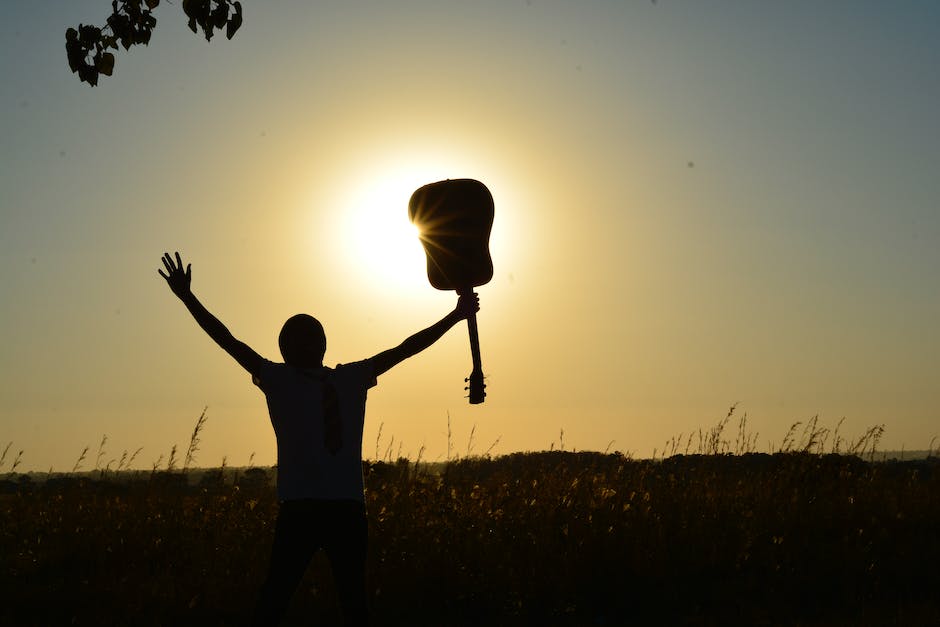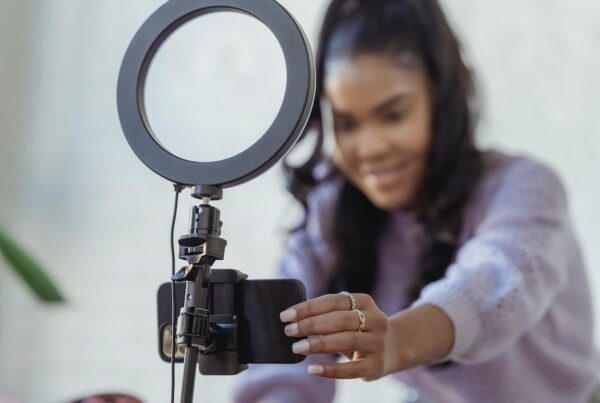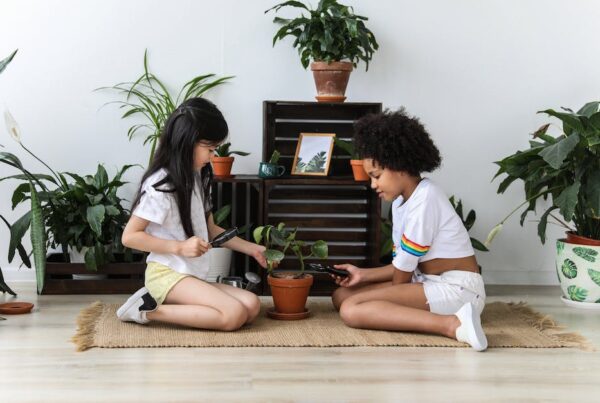Cannabis and music have a long-standing relationship that has been explored and embraced by artists for decades. For many musicians, the use of marijuana has been associated with enhanced creativity and inspiration. It is a topic often discussed, debated, and celebrated in the music industry.
While cannabis has been used for various reasons throughout history, its connection to music is particularly intriguing. Many artists, ranging from jazz legends like Louis Armstrong to rock icons like Bob Marley, have openly expressed their fondness for cannabis and its influence on their creative process. This has led to a growing curiosity among music enthusiasts as to the correlation between weed and musical creativity.
One reason why cannabis is often linked to music is its potential to stimulate the creative mind. Users often report experiencing a heightened sense of perception, increased introspection, and a greater flow of ideas when under the influence. This altered state of mind can potentially break down barriers and unleash artistic expression, leading to unique musical compositions and performances.
Additionally, cannabis is known for its ability to enhance sensory experiences, including music. Many users claim that listening to music while under the influence of marijuana can result in a more immersive and emotionally charged auditory experience. It has been suggested that the altered state induced by cannabis may help listeners appreciate intricate melodies, subtle harmonies, and richer layers of sound in ways they might not have when sober.
However, it is important to approach this topic with a balanced perspective. While some artists may credit cannabis for their artistic breakthroughs, it is important to remember that creativity is subjective and can be influenced by various factors. The use of cannabis does not guarantee musical brilliance, and many successful musicians do not rely on marijuana to fuel their creativity.
Furthermore, it is crucial to acknowledge the legal and health implications surrounding cannabis use. Laws and regulations regarding marijuana vary across different regions, and individuals should be aware of and abide by the legal framework in their respective areas. Additionally, the potential risks associated with marijuana use, including impaired cognition and mental health effects, must be considered.
Overall, the relationship between cannabis and music is complex and multifaceted. While there are artists who find inspiration and creativity through marijuana use, it is important to understand that the influence of cannabis on artistic expression is subjective and varies from person to person. Exploring the connection between weed and creativity in the music industry can provide valuable insights and perspectives, but it is essential to approach the topic with an open mind, taking into account the legal and health considerations.
Historical perspective: History of cannabis use in artistic circles (artists, musicians, and writers)

Cannabis and Music: Exploring the Connection Between Weed and Creativity
Historical Perspective: History of Cannabis Use in Artistic Circles
Throughout history, cannabis has been intertwined with various forms of art, including music, acting as a source of inspiration for countless artists, musicians, and writers. The association between cannabis and creativity can be traced back to ancient civilizations, where the plant was used for its psychoactive properties and believed to enhance artistic abilities.
In ancient India, for example, cannabis, known as “ganja,” was considered sacred and was used during religious ceremonies and creative pursuits. Indian classical musicians, known as “ragis,” would often consume cannabis to achieve a state of heightened awareness and connection to their art. It was believed that the plant helped to unlock their creativity and allowed them to delve deeper into the emotional aspects of their music.
Moving forward in time, cannabis became prominent in artistic circles during the countercultural movements of the 1960s and 1970s. The rebellious nature of these eras led to a widespread acceptance and experimentation with cannabis as a means to expand consciousness and explore new forms of artistic expression. Musicians, such as Bob Marley and The Beatles, openly embraced cannabis and incorporated its influence into their music, often using it as a catalyst for introspection and creative exploration.
In the world of literature, renowned writers like Jack Kerouac and Allen Ginsberg were known for their cannabis use, which they believed stimulated their creativity and provided a means of breaking free from societal constraints. Their works, such as Kerouac’s “On the Road” and Ginsberg’s iconic poem “Howl,” were often inspired by their experiences with cannabis and other mind-altering substances.
The connection between cannabis and creativity is not limited to specific eras or cultures. Even in contemporary times, countless musicians and artists continue to draw inspiration from cannabis. From renowned hip-hop artists like Snoop Dogg who openly embrace their love for the plant, to indie musicians who incorporate cannabis themes into their lyrics, the influence of cannabis on music remains prevalent.
It is important to note, however, that the relationship between cannabis and creativity is complex and varies from person to person. While many artists claim that cannabis enhances their creativity and allows for greater artistic exploration, others find that it hinders their focus or negatively impacts their creative process. It is essential to approach cannabis use with caution, taking into account individual sensitivities and the responsibilities that come with using any mind-altering substance.
In conclusion, the historical perspective on cannabis use in artistic circles reveals a deep-rooted connection between weed and creativity. From ancient civilizations to modern times, cannabis has played a role in inspiring artists, musicians, and writers to tap into their creative potential and explore new artistic frontiers. However, it is crucial to remember that individual experiences may vary, and responsible use is paramount. The impact of cannabis on creativity continues to be a subject of intrigue and exploration, with artists constantly pushing boundaries and finding new ways to express themselves through their art.
The science behind cannabis and creativity: Explaining the effects of cannabis on the brain and how it can enhance creative thinking

Cannabis has long been associated with creativity, and many artists and musicians have claimed that it helps enhance their creative thinking. But is there any scientific basis behind this connection?
Recent studies have shed light on the effects of cannabis on the brain, helping us understand how it can potentially enhance creative thinking. The plant contains numerous compounds called cannabinoids, with the most well-known being tetrahydrocannabinol (THC). THC interacts with the brain’s cannabinoid receptors, which are primarily found in regions associated with memory, pleasure, and thinking.
When THC binds to these receptors, it can lead to an altered state of consciousness, often characterized by a sense of relaxation, euphoria, and heightened sensory experiences. This altered state can sometimes boost creativity, as it allows individuals to think more abstractly, make unique connections, and explore ideas from different perspectives.
One way in which cannabis may enhance creative thinking is through its impact on divergent thinking – the ability to generate multiple ideas or solutions to a problem. Studies have shown that cannabis can increase the fluency and flexibility of thought, allowing for a greater range of possibilities and novel insights. This can be particularly beneficial for artists and musicians who rely on their ability to think outside the box and come up with original concepts.
Moreover, cannabis might also indirectly enhance creativity by improving mood and reducing anxiety. Many artists and musicians find that using cannabis helps them relax and let go of inhibitions, allowing them to tap into their creative flow more effortlessly. By reducing self-criticism and fear of judgment, cannabis can create a supportive environment for experimentation and risk-taking, which often leads to groundbreaking artistic endeavors.
However, it’s crucial to note that the relationship between cannabis and creativity is subjective and can vary from person to person. While some individuals may experience enhanced creative thinking, others might not find the same benefits. Factors such as dosage, strain, individual tolerance, and mindset can all influence the effects of cannabis on creativity.
It’s also important to consider the potential drawbacks and risks associated with cannabis use. Excessive or prolonged cannabis consumption can impair cognitive functions, memory, and focus, which can hinder creativity instead of enhancing it. Additionally, individual susceptibility to addiction and potential legal consequences should be taken into account when considering the use of cannabis for creative purposes.
In conclusion, the connection between cannabis and creativity is a complex topic. While scientific research suggests that cannabis can potentially enhance creative thinking through its effects on the brain, individual experiences and factors should be considered. It’s essential for individuals to approach cannabis use responsibly and make informed decisions based on their specific goals and circumstances.
Personal anecdotes: Sharing stories of musicians who have publicly discussed their experiences with cannabis and creativity
Personal anecdotes: Sharing stories of musicians who have publicly discussed their experiences with cannabis and creativity.
Cannabis has long been associated with creative expression, and many musicians have openly shared their experiences with the plant and how it has influenced their creative process. These personal anecdotes shed light on the unique connection between cannabis and music, providing insights into how it has inspired and influenced some of the greatest musical minds of our time.
One such artist who has spoken openly about his experiences with cannabis is Bob Marley. The legendary reggae musician once said, “When you smoke herb, it reveals you to yourself.” Marley believed that cannabis helped him access a heightened state of creativity and spirituality, enabling him to connect with his inner self and channel his musical talents more freely.
Jimi Hendrix, another iconic figure in music history, also attributed some of his creative insights to cannabis. He famously stated, “You have to be high to play rock and roll.” Hendrix found that cannabis helped him loosen up and tap into his musical intuition, allowing him to effortlessly express his emotions through his guitar playing.
The influence of cannabis on creativity is not limited to specific genres either. Artists from various music styles, be it jazz, hip hop, or even classical, have shared their experiences. Snoop Dogg, a prominent rapper and outspoken cannabis advocate, has discussed how weed inspires him to think outside the box and come up with innovative rhymes and melodies. Similarly, Louis Armstrong, the jazz legend, admitted that cannabis helped him improvise and explore new musical territories on the trumpet.
These personal anecdotes highlight the diverse ways in which cannabis has influenced musicians’ creativity. While the plant’s effects may differ for individuals, it is clear that many artists have found inspiration, introspection, and a sense of artistic freedom through their experiences with cannabis. Whether it’s enhancing their ability to connect with emotions, sparking new ideas, or simply helping them relax and let the music flow, cannabis appears to have a significant impact on the creative process.
However, it is essential to note that the relationship between cannabis and creativity is subjective, and the effects can vary from person to person. While some artists find inspiration and focus through cannabis use, others may experience adverse effects on their creativity or concentration. It is crucial for individuals to understand their own boundaries and find what works best for them without compromising their artistic integrity.
In conclusion, personal anecdotes from musicians who have openly discussed their experiences with cannabis reveal the intriguing connection between weed and creativity. These stories showcase how cannabis can enhance artistic expression, unlock new ideas, and tap into the depths of musical talent. However, it is crucial to approach cannabis use with caution and respect for individual boundaries, recognizing that the effects may differ for each artist.
Inspiration and relaxation: Discussing how cannabis can help artists tap into their creativity and alleviate anxiety or stress
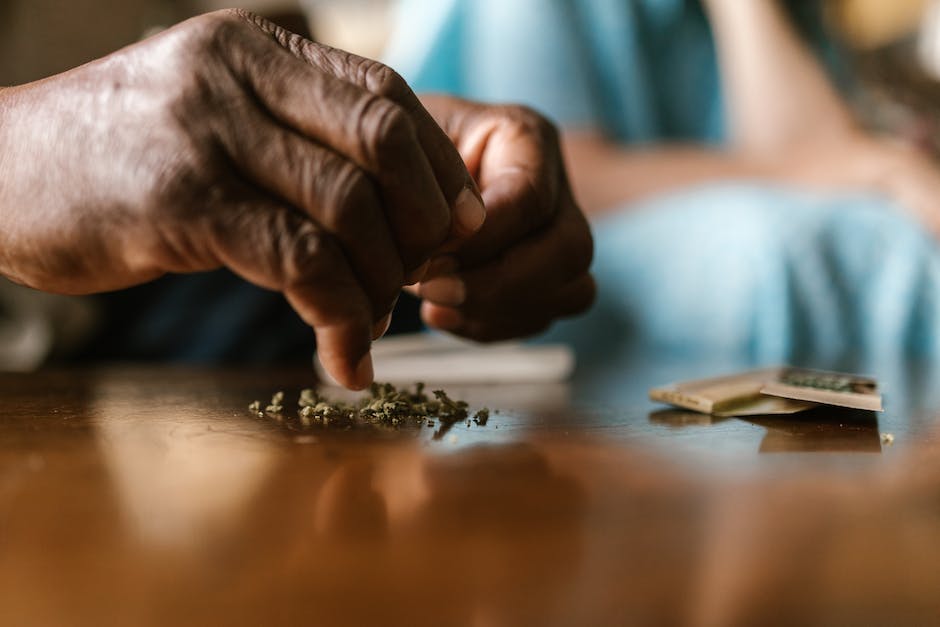
Many creative individuals have long claimed that cannabis can help them find inspiration and relaxation, allowing them to tap into their creative flow and alleviate anxiety or stress that may hinder their artistic process. While anecdotal evidence cannot be equated to scientific research, there are certain aspects of cannabis consumption that can be explored to understand this connection further.
For many artists, cannabis serves as a means to open up their minds and explore new perspectives. The psychoactive compounds present in cannabis, such as THC, have been known to enhance sensory experiences, including sound and music. This altered state of perception can enable musicians to examine their craft from a fresh angle, leading to innovative melodies, lyrics, and arrangements that might not have been possible otherwise.
Moreover, cannabis has the potential to alleviate anxiety and stress, which are commonly cited as hindrances to creativity. The relaxation induced by cannabis consumption can help artists let go of self-doubt, fear of judgment, or creative blocks. This state of tranquility allows musicians to focus more on their creative process rather than overthinking or getting caught up in negative thoughts, ultimately fostering a more productive and free-flowing artistic exploration.
It is important to note that not all individuals will experience the same effects when using cannabis. Some may find it enhances their creativity and relaxation, while others may not feel any significant change or may even experience negative side effects. Additionally, it is crucial for artists to consume cannabis responsibly and be aware of the potential legal implications in their respective locations.
While there is still much research to be done to fully understand the connection between cannabis and creativity, it is clear that many artists find it to be a source of inspiration and relaxation. Whether it is through exploring new sonic landscapes or alleviating the burdens of anxiety and stress, cannabis can serve as a catalyst for artistic expression and self-discovery for those who choose to incorporate it into their creative process.
Increased sensory perception: Highlighting how cannabis can enhance the experience of listening to music and facilitate the creation of unique sounds

Cannabis has long been associated with enhancing sensory perception, and when it comes to music, this connection is particularly intriguing. Many musicians and artists have shared their experiences of how cannabis can enhance their appreciation of music and even aid in the creation of unique sounds.
One of the primary effects of cannabis on sensory perception is an intensified experience of sound. When under the influence of cannabis, individuals often report an enhanced ability to pick up on subtle nuances in music that they may have previously overlooked. This increased sensitivity to sound allows for a deeper connection with the music, amplifying the emotions and intricacies that make it so powerful.
Moreover, cannabis has been known to heighten the pleasure derived from listening to music. The altered state of mind induced by the plant can lead to a more immersive and euphoric experience, making the music feel more vibrant and alive. This heightened pleasure can elevate the enjoyment of both familiar tracks and new discoveries, introducing a renewed sense of excitement and appreciation for the art form.
In addition to enhancing the listening experience, cannabis can also play a role in the creative process of musicians. Many artists have shared their accounts of finding inspiration and exploring new sonic avenues while under the influence. The altered mental state induced by cannabis can lead to a different perspective, allowing for the creation of unique sounds and unconventional melodies that may not have emerged otherwise. This ability to think outside the box and experiment with new ideas is often valued in the creative realm, where pushing boundaries and breaking norms are essential components of innovation.
It’s important to note that the connection between cannabis and music is subjective, and not everyone experiences the same effects. Additionally, the impact of cannabis on creativity can vary from individual to individual. Some artists may find that cannabis enhances their creative process, while others may not experience any significant difference. It ultimately comes down to personal preference and the unique way each person’s mind and body interact with cannabis.
In conclusion, the relationship between cannabis and music is a fascinating one, with many artists and enthusiasts praising the plant for its ability to enhance sensory perception, elevate the pleasure derived from music, and even facilitate the creation of novel sounds. While the effects of cannabis on creativity and music appreciation can be highly individualized, it is clear that for some, cannabis offers a unique and enriching experience in the realm of music.
Impact on music genres: Exploring the influence of cannabis on various music genres, such as reggae, hip-hop, and psychedelic rock
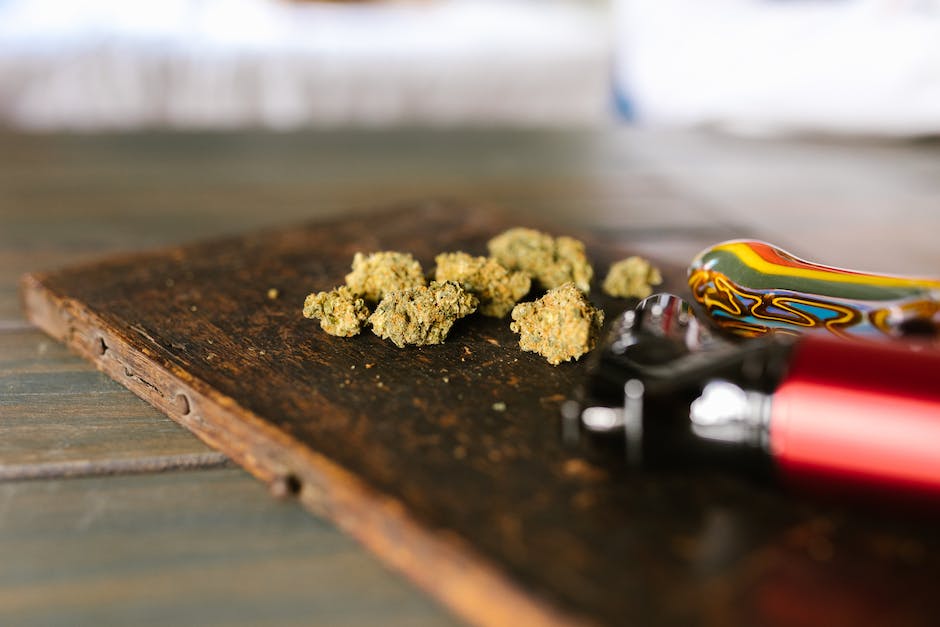
Cannabis and Music: Exploring the Connection Between Weed and Creativity
Cannabis, commonly referred to as weed, has been widely associated with the creative process and has had a significant impact on various music genres throughout history. From reggae to hip-hop and psychedelic rock, the influence of cannabis on the evolution of these genres cannot be ignored. Let’s delve deeper into how weed has shaped and influenced these music styles.
Reggae, originating in Jamaica in the late 1960s, has deep ties to the Rastafarian religion, which considers cannabis use as a spiritual sacrament. The herb, often referred to as “ganja” in reggae culture, is believed to enhance creativity, promote unity, and provide a deeper connection with the spiritual realm. Reggae legends like Bob Marley and Peter Tosh openly advocated for the legalization of marijuana through their music, incorporating its importance into their lyrics and lifestyle.
Moving on to hip-hop, cannabis has played a pivotal role in shaping this influential music genre. Artists such as Snoop Dogg, Cypress Hill, and Wiz Khalifa have been vocal about their love for weed, often incorporating it into their music and imagery. Cannabis has become a symbol of rebellion, freedom, and creativity within the hip-hop community, intertwining its influence through lyrics that reflect the struggles and celebrations of urban life.
When it comes to psychedelic rock, the connection to cannabis becomes even more pronounced. During the counterculture movement of the 1960s, cannabis emerged as a symbol of peace, love, and artistic expression. Bands such as the Grateful Dead, Pink Floyd, and Jefferson Airplane not only embraced cannabis as part of their lifestyle but also incorporated its influence into their music. The altered states of consciousness induced by weed helped shape the experimental and mind-expanding soundscapes that became synonymous with psychedelic rock.
It is important to note that the connection between cannabis and music genres goes beyond mere lyrical references or lifestyle choices. Many artists argue that weed enhances their creativity, allowing them to think outside the box, tap into their emotions, and express themselves more freely. The soothing and mind-altering effects of cannabis can relax artists, reduce inhibitions, and ignite inspiration, ultimately leading to the production of innovative and groundbreaking music.
In conclusion, cannabis has had a profound impact on various music genres, including reggae, hip-hop, and psychedelic rock. From its spiritual significance in reggae to its rebellious portrayal in hip-hop and its mind-expanding influence in psychedelic rock, weed has become intertwined with creativity and expression within these genres. Whether as a source of inspiration or as a symbol of unity and rebellion, cannabis continues to shape and influence the evolution of music, leaving an indelible mark on our cultural landscape.
Controversies and challenges: Addressing the debates surrounding cannabis use in the music industry, including its legality and potential negative effects

Cannabis and Music: Exploring the Connection Between Weed and Creativity
Controversies and Challenges:
The relationship between cannabis and creativity in the music industry has long been a topic of debate, surrounded by several controversies and challenges. One of the primary concerns is the legality of cannabis use, particularly in countries or states where it is still considered illegal.
While some musicians openly embrace cannabis and incorporate it into their creative processes, others face legal repercussions for their choice to consume or advocate for it. This creates a moral dilemma for artists who may believe that cannabis enhances their creative abilities but are limited by legal restrictions.
Furthermore, the potential negative effects of cannabis on musicians’ health and overall well-being are also important considerations. Excessive cannabis use can lead to dependency and impact mental and physical health, potentially affecting an artist’s ability to create and perform at their best.
Another challenge lies in the public perception surrounding cannabis use in the music industry. While some may view it as a form of artistic freedom or self-expression, there are others who criticize its influence on creative output and argue that substance use masks genuine talent. Debates around whether cannabis truly enhances creativity or merely serves as a crutch for inspiration continue to surface, adding complexity to the discussion.
Addressing these controversies and challenges requires a thoughtful approach from both artists and industry professionals. Opening up a dialogue about the legal implications and potential negative effects of cannabis use is crucial. By promoting awareness and education, musicians can make informed decisions about their creative processes and understand the potential consequences of their choices.
Additionally, creating supportive environments within the music industry that prioritize the well-being and health of artists is essential. Encouraging a balance between creativity and responsible cannabis use, if legal and preferred, can help artists navigate the challenges associated with this controversial topic.
Ultimately, the connection between cannabis and creativity in the music industry is a complex issue, with varying opinions and perspectives. By addressing the controversies and challenges surrounding cannabis use, musicians can foster open discussions, promote responsible consumption, and ensure that the pursuit of creativity remains aligned with personal and professional integrity.
Legal and cultural considerations: Examining how cannabis legalization has impacted the music scene and festivals
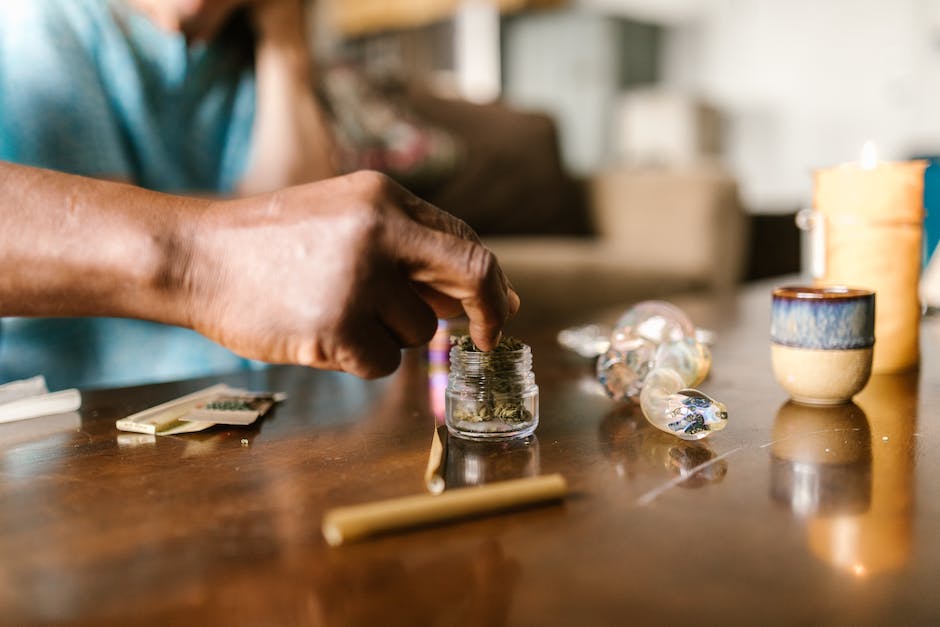
The legalization of cannabis has sparked numerous changes within both the music industry and festival culture. From a legal perspective, the decriminalization and acceptance of marijuana in many jurisdictions have opened up new opportunities for artists and event organizers. Gone are the days when musicians had to hide their recreational marijuana use due to the fear of legal repercussions. Now, they can openly discuss and even incorporate cannabis into their creative process.
Culturally, the shift towards acceptance of marijuana has had a profound impact on the music scene and festivals. Artists are no longer shying away from celebrating their love for cannabis in their lyrics and performances. It has become a common theme, with many artists embracing cannabis as a source of inspiration and creativity. This newfound openness has created a sense of unity between musicians and their fans, as they bond over the shared love for both music and weed.
Moreover, cannabis-friendly festivals have been on the rise, creating spaces specifically designed for enthusiasts to come together and enjoy live music while indulging in their favorite herb. These festivals provide a unique experience where people can immerse themselves in a vibrant atmosphere that caters to their cannabis lifestyle. From cannabis-infused food and drink options to designated smoking areas, these events provide a safe and inclusive environment for attendees to enjoy the synergy between cannabis and music.
However, despite the positive changes brought about by cannabis legalization, there are still some considerations to be mindful of. Event organizers must adhere to local laws and regulations to ensure compliance and avoid any legal complications. Additionally, there is a delicate balance to be maintained between promoting responsible cannabis use and avoiding excessive consumption that may lead to potential health and safety concerns.
In conclusion, the legalization of cannabis has significantly impacted the music scene and festivals, both from a legal and cultural perspective. Musicians are freer to express their love for marijuana, while cannabis-friendly festivals offer a unique and welcoming space for enthusiasts to enjoy live music and indulge in their passion. However, it is important to navigate this newfound landscape responsibly and in accordance with local laws to ensure the well-being of attendees and promote a positive cannabis culture within the music industry.

